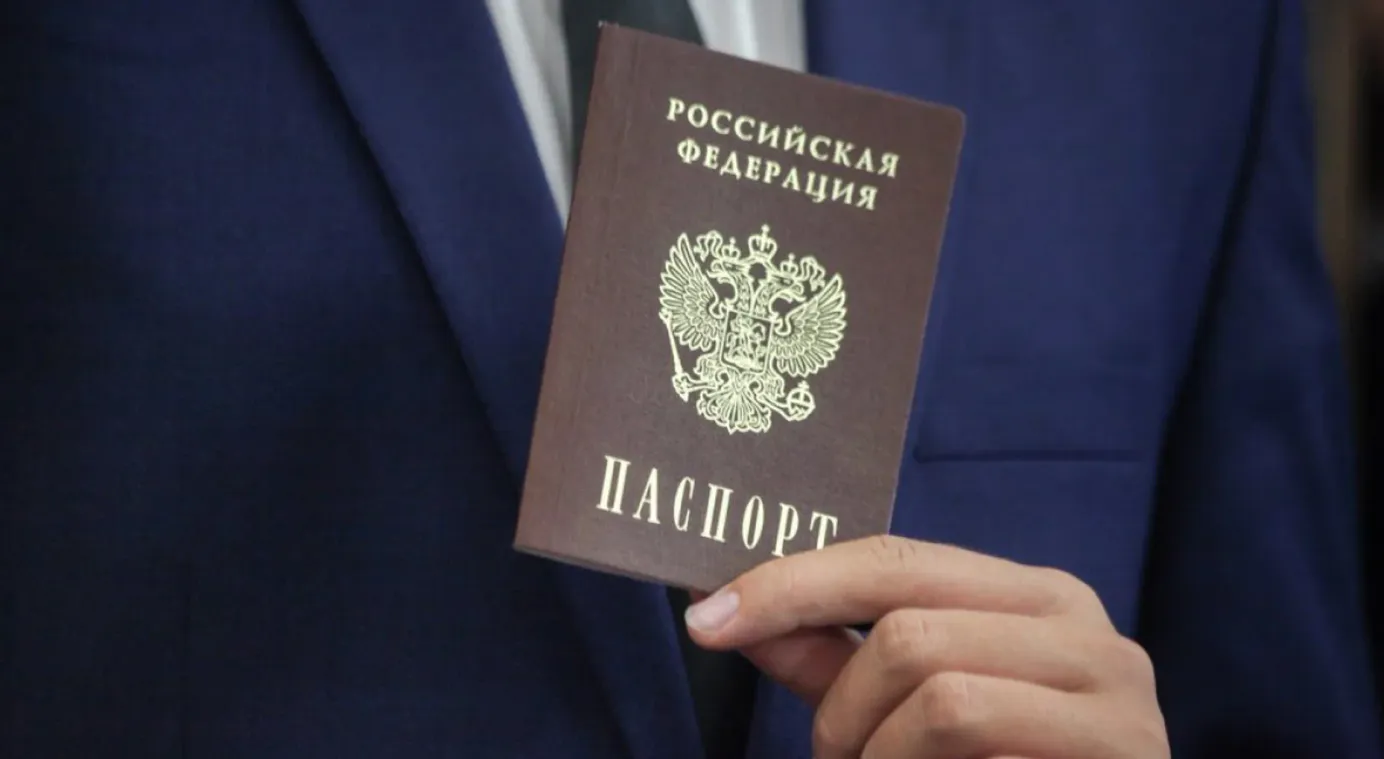
Russian lawmakers move to confiscate property of anti-war campaigners
Russia’s parliament last week backed measures that would allow the confiscation of property and assets from political activists, independent journalists and opponents of the war. The potential new penalties do not go as far as the Soviet practice of stripping convicted dissidents of all their items and property. However, it remains unclear how the courts might implement the new rules in practice, should they become law.
- Confiscation of property is already part of Russia's legal system. A court can order the seizure of assets that were directly used in the commission of a crime, as well as the proceeds of criminal activity or funds used to finance certain crimes, such as terrorism. At the moment there are almost 100 separate offenses that could lead to the confiscation of property, ranging from murder and drug dealing to terrorism and treason. Unlike in the Soviet era, today's authorities cannot strip a person of all their worldly possessions after they have been convicted — only items connected with the crime or obtained during the crime, lawyers from Network Freedoms emphasized. But there is flexibility. For instance, if it proves impossible to seize a specific item, others of an equivalent value can be taken, lawyers from “First Department” noted.
- Russian lawmakers want to extend the list of convictions that would allow property to be confiscated. First and foremost, they backed measures to allow the seizure of assets from those convicted of spreading “fake news” about, or “discrediting”, the Russian army, as well as activity that endangers “state security.” That list includes about 30 separate offenses such as desertion, refusal to follow orders and crossing the border illegally. It also includes cooperating with “undesirable” organizations. Political activists and independent journalists could easily fall under that category, as both independent Russian media and foreign NGOs have been labeled “undesirable.”
- Under the proposed new law — which the State Duma has passed in the first of three readings — property can be seized from people who committed these crimes either “for hire,” or if a judge deems they were motivated by political, ideological, racial, national, or religious hatred. The idea of working “for hire” is already outlined in the “fake news” law as a specific aggravating factor, allowing for different punishment. But in practice few of the cases that have been prosecuted so far have exploited that part of the criminal code, lawyer Maxim Olenichev said.
- The first kind of property that can be seized — the fruit of criminal activity — is more or less clear. If the court rules that a crime was motivated by profit, or hatred, then the penalty can include the confiscation of proceeds from the offense, such as any payment received for creating content that the court holds to be “fake.”
- The second — allowing the seizure of assets used in the commission or financing of a crime — is more complicated. According to the criminal code, it is not only items that were used in a crime that can be seized, but also anything that was “intended” to be used to fund criminal activity. Some lawyers believe this wording could allow authorities to effectively confiscate all property belonging to a convicted individual.
- The interpretation of this part of the new law will only become clear once it starts being enforced, Olenichev said. “Property which is used to fund crime could be any sum of money transferred to an ‘extremist organization.’ At the same time, an apartment, vehicle or any other item is a source of income. In a state with the rule of law and where the law is correctly applied, this kind of property should not be subject to confiscation.”
- State Duma Speaker Vyacheslav Volodin has made it clear who he wants to target with the new law. He said such measures are needed to “punish scoundrels, including cultural figures, who support Nazis and pour dirt on our country, its soldiers and officers taking part in the special military operation [the official wording for Russia's war in Ukraine — The Bell].” The bill has a special list of measures designed to target cultural figures: those convicted of 11 specific anti-war crimes, including the spreading of “fake news” and “discrediting” Russia's military, rehabilitating Nazism and calling for sanctions against Russia, can be stripped of honorary state titles and awards. As it stands, honors can only be stripped from people convicted of particularly serious crimes.
Why the world should care:
It's not at all clear how these changes to the criminal code would be used in practice, should the law be adopted. The current wording gives no indication as to the limits of what can be confiscated. In all likelihood there will be no return to the Soviet practice of seizing anything and everything. But one thing is clear: in Russia, the security of your personal property is often dependent on your relationship to, and opinion of, the state.




